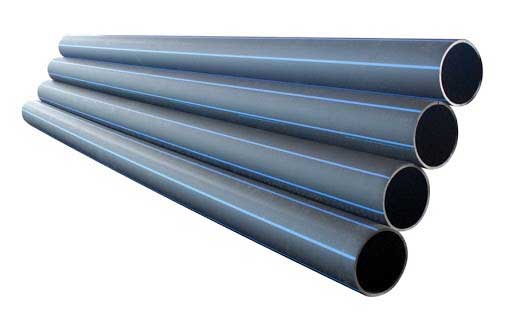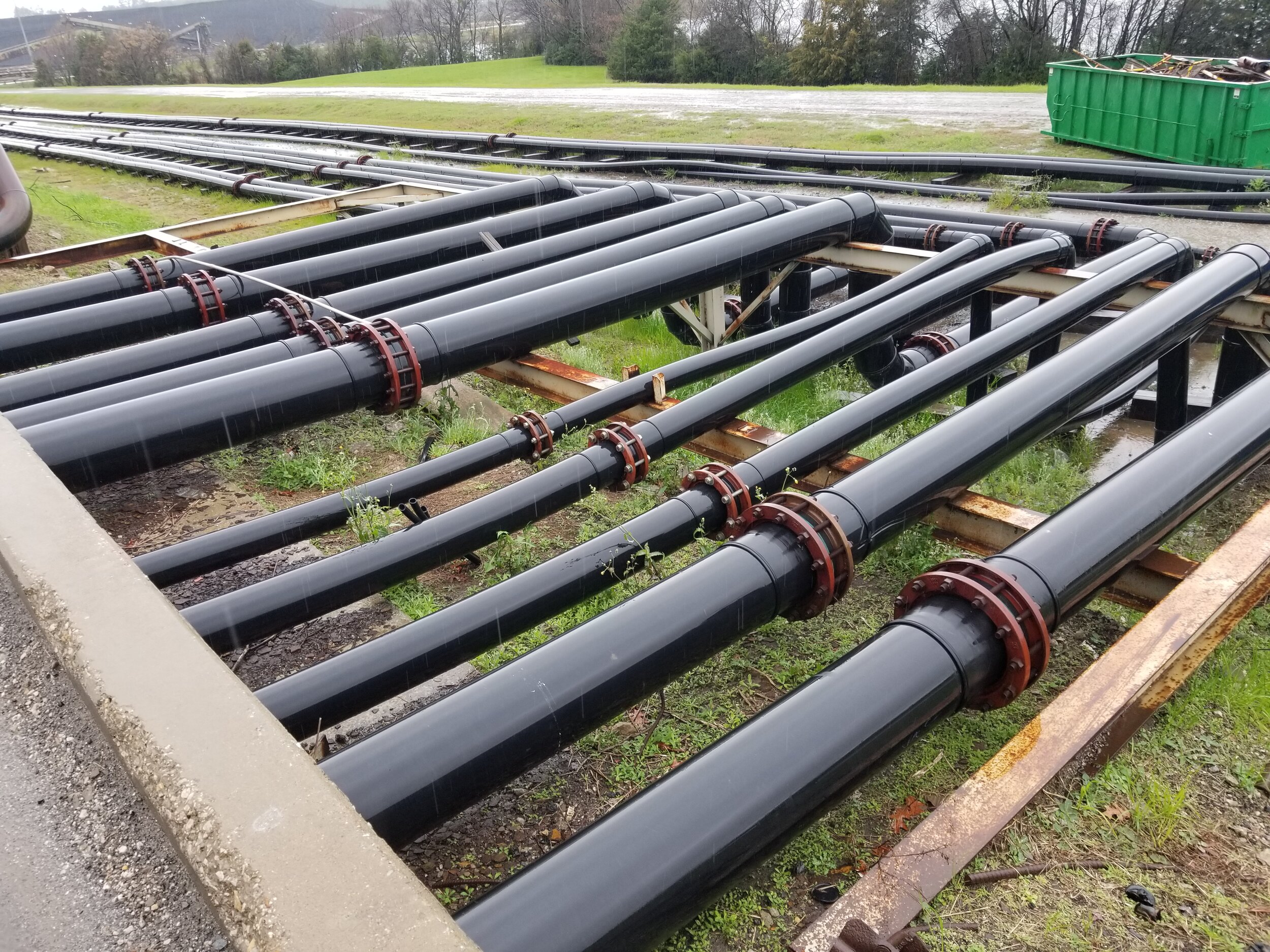Why Builders Prefer hdpe pipe in stock Midland TX for Immediate Projects
Wiki Article
Understanding the Trick Conveniences of HDPE Pipe for Water and Wastewater Administration
Making use of HDPE pipe in water and wastewater management offers many advantages that merit consideration. Its extraordinary durability and long lifespan make it a favored selection for numerous tasks. Additionally, the product's resistance to deterioration and chemical damages boosts its reliability in different atmospheres. The benefits extend past simply durability and resistance. American Plastics HDPE Pipe for Oilfield. Exploring its cost-effectiveness and ecological impact exposes much more compelling factors for its extensive fostering in modern-day facilitiesExceptional Durability and Durability

HDPE pipe stands apart for its outstanding longevity and durability, making it a recommended option in water monitoring systems. Constructed from high-density polyethylene, these pipelines can hold up against considerable pressure and stress, ensuring reputable performance with time. Their durable nature enables them to sustain severe environmental problems, consisting of temperature level fluctuations and dirt motions, which can create other products to stop working.
The life expectancy of HDPE pipelines typically exceeds half a century, offering a cost-effective solution for municipalities and markets alike. In addition, the product's light-weight properties streamline setup, minimizing labor expenses and timeframes. This durability minimizes the requirement for frequent fixings or substitutes, further boosting its financial charm.
In water administration applications, the integrity of HDPE pipes means fewer interruptions and improved solution continuity, making them integral to lasting infrastructure advancement. The combination of sturdiness and longevity solidifies HDPE's duty as a cornerstone in effective water administration services.

Resistance to Deterioration and Chemical Damage
While numerous materials catch deterioration and chemical damage gradually, HDPE pipes show impressive resistance, making them excellent for numerous water administration applications. This strength originates from the molecular framework of high-density polyethylene, which is naturally non-reactive and does not corrode like metals or deteriorate from exposure to severe chemicals. Therefore, HDPE is very efficient in environments with hostile compounds, such as wastewater systems that may include acids, bases, and organic solvents.
Furthermore, HDPE pipes can hold up against ecological factors such as dirt level of acidity and saline conditions, even more boosting their viability for varied applications (American Plastics HDPE Pipe Manufacturing). Their capacity to maintain structural stability in time lowers the threat of leakages and failings, which is essential in ensuring the safety and reliability of water circulation and wastewater administration systems. The resistance to deterioration and chemical damage markedly adds to the overall performance and longevity of HDPE piping remedies.
Cost-Effectiveness and Financial Benefits
When considering the monetary implications of water monitoring systems, the cost-effectiveness of HDPE pipelines becomes obvious. These pipes supply lower installation and maintenance expenses compared to conventional materials like steel or concrete. Their lightweight nature simplifies transport and installment, leading to minimized labor expenses. Furthermore, HDPE pipelines show a lengthy life expectancy, commonly exceeding 50 years, which converts to fewer replacements and long-lasting savings.In addition, the resistance of HDPE to rust and chemical damages lessens the need for expensive repair work and replacements. The pipes additionally sustain reliable water circulation, minimizing power expenses associated with pumping systems. By mitigating leakages and water loss, HDPE pipes add to substantial economic advantages for communities and industries alike. On the whole, the preliminary investment in HDPE piping can produce considerable monetary returns over the lifespan of the water administration system, making it a sensible choice for lasting facilities advancement.
Ecological Sustainability and Lowered Effect

Convenience and Adaptability in Installment
Due to their unique residential properties, HDPE pipes use amazing adaptability and versatility in installation, making them suitable for a variety of applications. Their light-weight nature permits for simpler handling and transport, decreasing labor expenses and installation time. HDPE pipelines can be curved and shaped to fit different terrains and job needs, which is particularly helpful in testing settings.Additionally, their resistance to corrosion and chemical damage enables for installment in varied setups without the need for specialized protective finishes. The capacity to fuse joints develops a continuous, leak-free system, enhancing the general stability and dependability of the installation. HDPE's flexibility additionally fits ground motion, decreasing the danger of damage in areas vulnerable to shifting soil. Generally, these attributes make HDPE pipes not only functional yet also a favored option for water and wastewater management systems.
Often Asked Questions
How Does HDPE Pipe Compare to PVC in Water Monitoring Applications?
HDPE pipeline supplies premium adaptability, resistance to deterioration, and sturdiness compared to PVC. Its lighter weight facilitates easier setup, while its long lifespan reduces replacement prices, making HDPE a preferred choice in water monitoring applications.What Is the Life-span of HDPE Piping Under Typical Problems?
Under normal problems, HDPE pipelines can have a lifespan ranging from 50 to 100 years. Their sturdiness and resistance to rust add to their lasting i loved this performance in numerous applications, making them a reputable option for facilities.Are HDPE Water Lines Recyclable After Their Service Life?
Yes, HDPE pipes are recyclable after their life span. Pipe Manufacturing Midland TX. They can be processed and repurposed into brand-new items, greatly minimizing ecological effect and promoting sustainability within the market, making them an environment-friendly selection for piping optionsWhat Is the Installation Refine for HDPE Pipes?
The installation procedure for HDPE pipes involves site preparation, trenching, pipe blend or mechanical signing up with, backfilling, and stress screening. Proper techniques ensure a sturdy and efficient system for carrying water and wastewater efficiently.Can HDPE Piping Be Used for Both Potable and Non-Potable Water Systems?
Yes, HDPE pipelines can be used for both drinkable and non-potable water systems. Their flexibility, resilience, and resistance to corrosion make them ideal for numerous applications, ensuring risk-free and reliable transport of water in various contexts.Report this wiki page